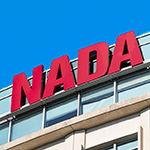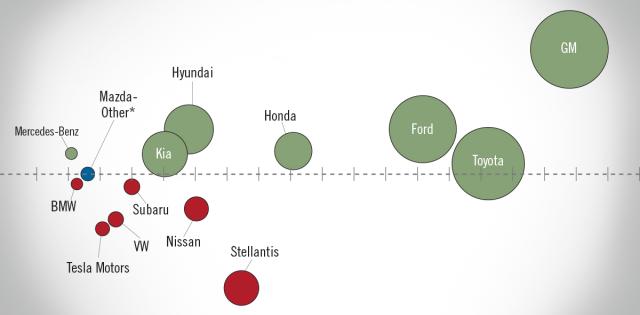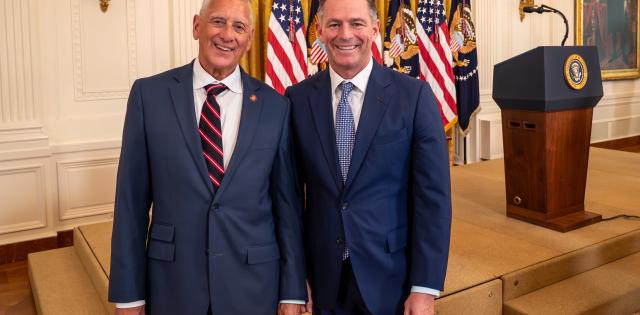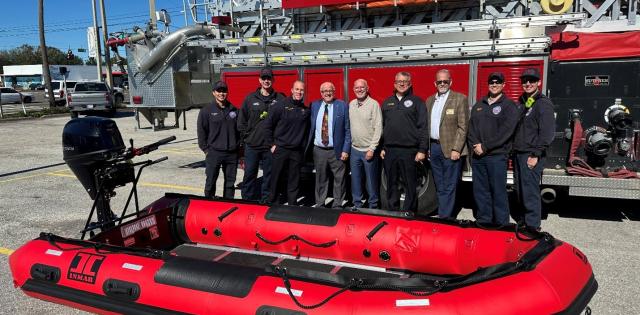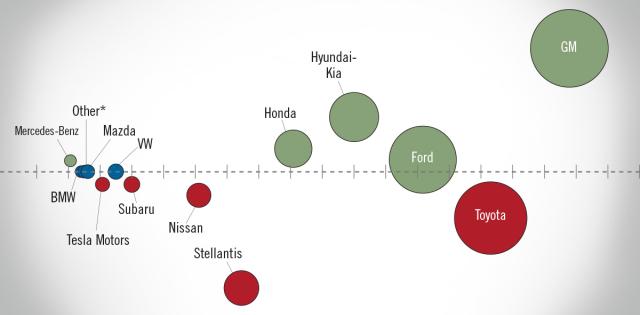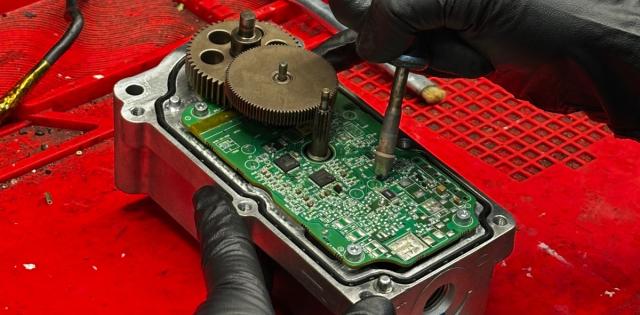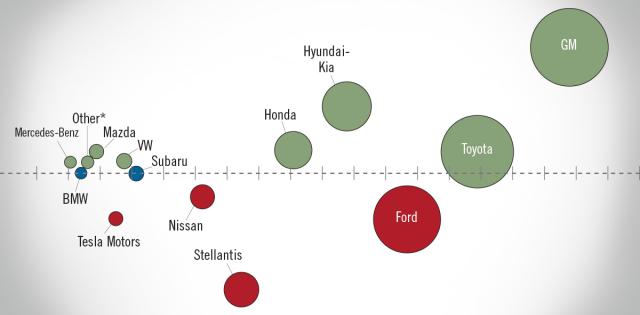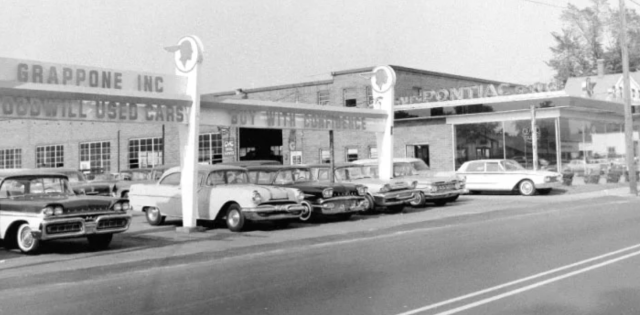Throughout the coronavirus pandemic, personal transportation ownership has remained incredibly important to consumers, which has resulted in increased demand for new vehicles. Paired with inventory concerns from plant closures and the current microchip shortage, pent-up demand for new cars and trucks is high.
There is no question that the coronavirus pandemic has changed the way dealers do business and sell cars, but one thing that hasn’t changed is the value of auto shows to consumers. To meet consumer demand for vehicles and for an in-person experience, auto show organizers across the country are revamping their respective auto shows to operate in the COVID-19 environment.
“Bringing Auto Shows back for our industry is a big deal and consumers are absolutely ready,” said Auto Shows of North America (ASNA) Chair Jenn Jackson. “Auto Shows are the quintessential opportunity to contrast and compare different makes and models in a low-pressure environment. For a consumer who is close to purchase, visiting an auto show will often solidify their decision on their next vehicle.”
Consumers are not only ready for in-person events after facing social distancing and mask mandates for more than a year, but are ready to shop for their next car or truck in a low-pressure, experiential environment. According to Foresight Research President Chris Stommel, “auto shows continue to be an incredibly powerful experiential marketing channel and have not declined in the slightest from the consumer’s point of view.”
“Auto shows are a unique way for us to reach consumers prior to their next vehicle purchase,” said
Lisa Materazzo, Group Vice President, Toyota Marketing, Toyota Motor North America. “More than 11 million people attend auto shows annually, and two out of three attendees are in market to purchase a new vehicle within a year. Our presence at these shows offers a casual environment for consumers to get questions answered to assist them with their purchase decision.”
This holds true from the dealer and auto show organizer perspective. “Nothing influences a consumer like the opportunity to physically experience all aspects of a product and that’s exactly what an auto show allows,” added Jenn Jackson, also Executive Director of Greater Charlotte Auto Dealers Association, which produces the Charlotte Auto Show. “Consumers can count the cup holders, check the cargo space, experience the technology, move the seat and all in such a stimulating environment. There is no superior platform for a manufacturer to highlight their brand and influence purchase decisions than an auto show.”
While offering consumers a first-class auto show experience, attendee safety is the top priority for show organizers. Show organizers have adopted enhanced cleaning and safety protocols including temperature checks, mandatory mask use, increased sanitization stations and enhanced vehicle cleanings between visitors. At the upcoming Houston Auto Show, visitors are also being asked to complete a short health screening before entering the venue and the show has implemented the use of online tickets with QR codes to limit attendee and show staff contact.
Some auto shows, including the upcoming Twin Cities Auto Show, slated for May 15-23, are moving to outdoor venues to allow better social distancing and air flow. The Twin Cities Auto Show, for example, will be held at the state fairgrounds and will feature a variety of interactive elements for attendees; while the Denver Auto Show, taking place September 15-19, will be held at Elitch Gardens Theme Park.
These are just a sampling of the safety measures organizers are taking, some of which are outlined in the ASNA Reopening Roadmap for Auto Shows, a guide produced with input from auto show producers and event industry advisers. All shows are working closely with health and safety officials to ensure that all applicable local, state and federal sanitation guidelines are followed.
Though the timing, locations and safety procedures may have adapted, auto shows remain a vital marketing platform for automakers and a key shopping tool for consumers. In fact, at the recent Oklahoma City Auto Show, held March 5-7, paid attendance was up 13.2%; at the Tulsa Auto Show, held April 16-18, paid attendance was up 14.7%.
“As consumer shopping trends have evolved, we have seen many auto shows quickly adapt, innovate, and improve in terms of immersive display and engagement options,” said Vinay Shahani, Lexus Vice President of Marketing. “Lexus remains committed to the auto show format as a strategic tool in our marketing mix to help show consumers our latest products and technologies while driving qualified traffic to our dealer network.”
Subaru of America Senior Vice President of Marketing Alan Bethke shares this sentiment. “An auto show allows us to create a unique experience that provides a window into the capability and lifestyle of our vehicles and provides a way for us to differentiate ourselves from the competition and connect with the consumer.”
Subaru, Toyota and Lexus are just a few of the automakers who remain committed to auto shows, including those shows taking place in a unique, altered format. While “auto shows are facing a perception issue by OEMs,” according to Foresight’s Chris Stommel, we simply can’t ignore that “consumer driven metrics show that auto shows are just as relevant today as they ever have been.” Moving into the remainder of 2021 and beyond, auto show organizers are hopeful that OEMs will continue their support by participating in shows across the country.

